India’s External Affairs Minister, S Jaishankar, spoke about the importance of creating a comprehensive narrative for ‘Bharat’ during the ‘Knowledge India Visitors Programme.’ He explained that ‘Bharat’ symbolizes more than just politics and language; it holds economic significance with the concept of ‘Aatmanirbhar Bharat,’ reflecting resilience and self-sufficiency.
Jaishankar highlighted the developmental aspect, stating that ‘Bharat’ represents a commitment to building an inclusive and fair society, a true measure of development. Politically, he emphasized that ‘Bharat’ is a declaration of India’s independence, asserting that engagement with the world should reflect the nation’s unique personality.
In terms of culture, ‘Bharat’ encompasses languages, traditions, heritage, and practices. Jaishankar expressed India’s global aspiration to be a ‘Vishwamitra,’ a friend stepping up in crucial moments, defying conventional expectations in international relations.
Reflecting on India’s global role, Jaishankar cited the success of India’s G20 presidency, showcasing the nation’s ability to bridge gaps in a divided world. He outlined India’s ambitious vision for the future, an ‘Amrit Kaal,’ a 25-year plan addressing historical challenges and establishing a significant position in the international order.
Minister Sarbananda Sonowal inaugurated the ICCR’s ‘Knowledge India Visitors Programme,’ emphasizing the global achievements of the Ministry of Ayush in promoting traditional medicine. Meenakashi Lekhi, MoS for External Affairs and Culture, highlighted commonalities in global knowledge systems during her address.
The ‘Knowledge-India Visitors’ Programme’ by ICCR brought together over 80 eminent academicians to foster cross-cultural dialogue and elevate the standard of higher learning in Indian knowledge systems globally.

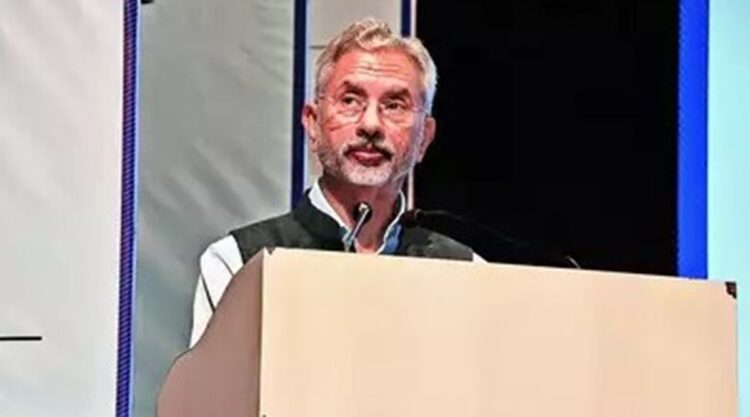
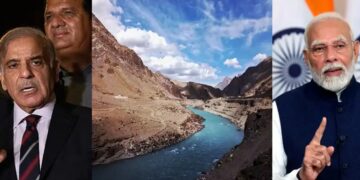
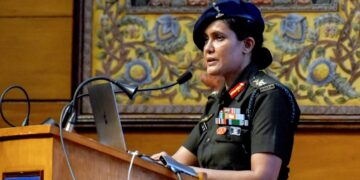

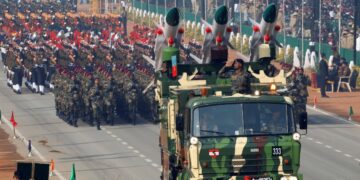
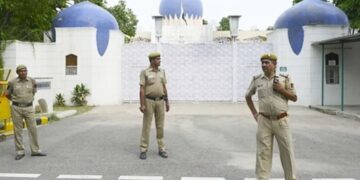










Comments